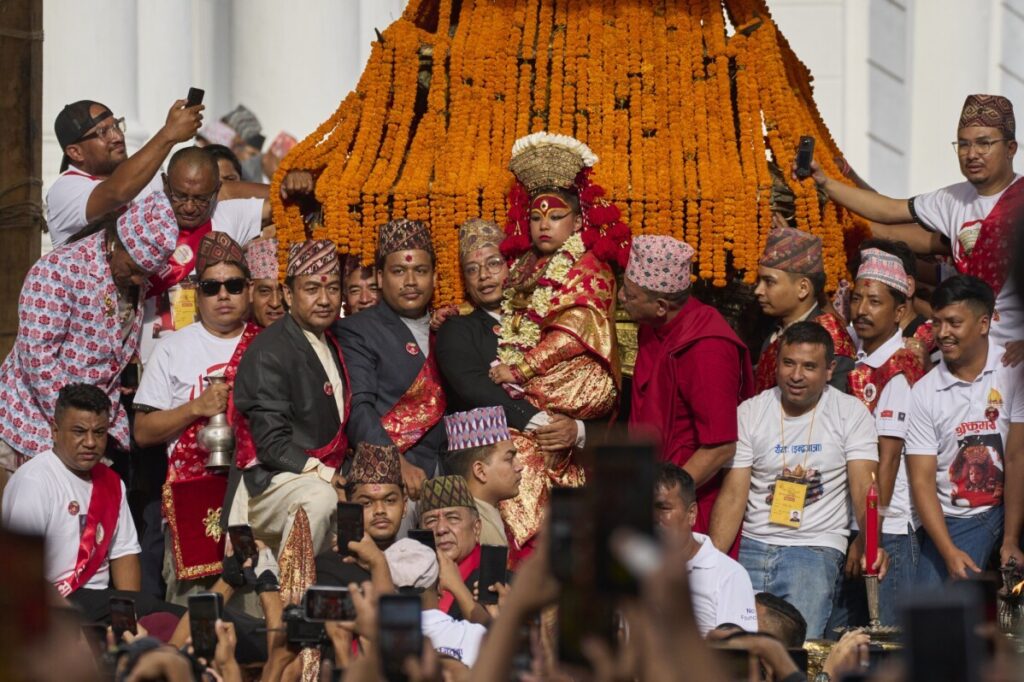Nepal’s Social Media Crackdown Sparks Mass Protests Amid Government Overreach
Nepal’s government blocks major social platforms under a guise of regulation, igniting fiery protests around Parliament. Is this the thin edge of the wedge for online freedom — and what lessons should America draw?

In Kathmandu, tens of thousands of determined protesters surged toward Parliament Monday, challenging a heavy-handed government crackdown on social media platforms like Facebook, X, and YouTube. The authorities’ moves to enforce registrations on these companies have effectively shuttered much of Nepal’s digital public square — igniting fears of state censorship and crackdowns on free expression.
When ‘Regulation’ Masks an Attack on Freedom
The Nepali government insists its demand that social media companies register locally is about “proper management” and accountability. Yet the timing and scope reveal something more concerning: a concerted effort to silence dissenting voices amid political turmoil. Government claims quickly unravel when protests swell into chaos, with demonstrators breaking through barbed wires and driving riot police back from the halls of power.
Police responded with tear gas and water cannons but were overwhelmed by sheer numbers. The swift imposition of curfews around key government buildings only underscores the ruling class’s anxiety over losing control — not just over information but over their hold on sovereignty and national discourse.
Why Should Americans Care?
This battle raging in Nepal is a cautionary tale for all who value individual liberty and national sovereignty — including Americans committed to preserving their constitutional freedoms. When governments seize on digital regulations as pretexts to muzzle opposition, it threatens not merely foreign citizens but sets a dangerous precedent that echoes beyond borders.
How long before bureaucrats in Washington or state capitals invoke similar restrictions under the guise of “accountability”? How many times must patriotic Americans watch their voices stifled online before demanding reforms that protect free speech rather than suppress it?
For families already navigating inflation and economic uncertainty at home, internet freedoms might seem distant concerns. Yet access to truthful information remains foundational to self-governance and prosperity. The fight against censorship abroad must remind us to vigilantly defend our liberties here.
- The Nepali bill demands local liaison offices from social platforms—effectively creating control points vulnerable to political manipulation.
- The move follows Nepal’s recent TikTok ban citing vague threats like “social harmony,” illustrating how subjective standards justify sweeping censorship.
These actions run counter to America First values by undermining national sovereignty through compromising open civic debate rather than strengthening it.
Nepalis chanting “Stop the ban on social media, stop corruption not social media” embody the spirit every freedom-loving nation must embrace: resisting governmental overreach that cloaks itself in regulation while attacking fundamental rights.
